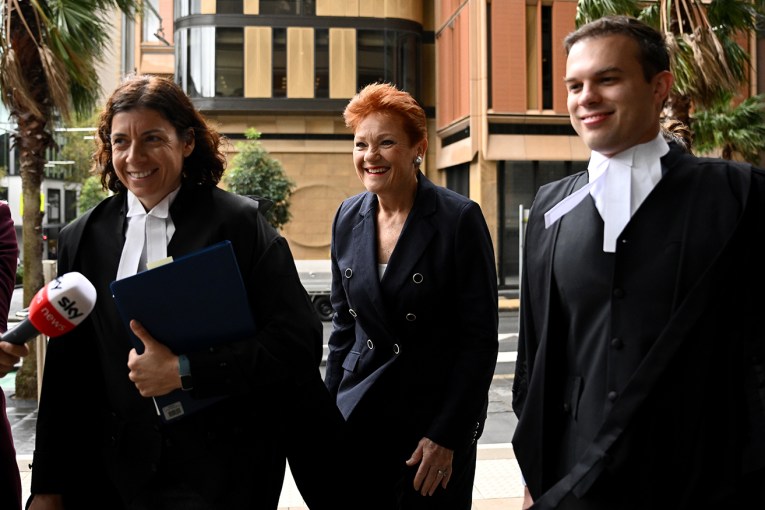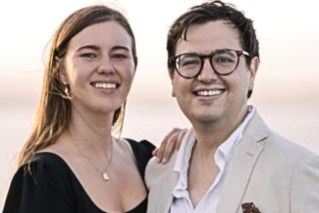No-mentum: Coalition promises to ‘unleash surprises’ after referendum rout

An ascendant No campaign has vowed to capitalise on the defeat of the Voice referendum by pushing for an overhaul of Indigenous affairs policy.
Voters’ overwhelming rejection of the Voice may be a setback for constitutional change and progressive Indigenous affairs policy promoting autonomy in remote communities.
Lead No campaigners Jacinta Nampijinpa Price and Warren Mundine advocate for greater integration of remote Indigenous communities.
The long, unsuccessful Voice campaign has given that perspective a new prominence in national debate, one not seen since the Howard era.
Shadow attorney-general Michaelia Cash said Northern Territory senator Price would spearhead the Coalition’s policy response following the referendum defeat.
“This is a time now to embrace the opportunities presented to us by Jacinta and move forward together,” she said on Sunday.
Price famously said during the campaign that colonialism had not left Indigenous people with any legacy of disadvantage.
On Saturday night, she called for debate to shift from activists and towards the “most marginalised” Indigenous people, those living in remote communities.
Mundine ended their joint press conference with a tirade at the media for ignoring “violence, abuse, coercive control and destructive behaviour that goes on in some Indigenous communities”.
The pair co-signed a triumphant email to supporters of the No campaign on Sunday.
“October 14, 2023, is the day mainstream Australians fought back against an alliance of elites who think they know better,” it read.
“We know these elites will regroup and they will come at us again. And you can bet we’ll unleash a few surprises of our own.”
Opposition Leader Peter Dutton hinted at a law and order-focused Coalition platform, starting with a royal commission into child sexual abuse in remote communities.
Efforts would be spearheaded jointly by Price and fellow Indigenous Senator Kerrynne Liddle, the child protection spokeswoman, he said.
On Sunday, Cash said that would extend to a wholesale review of Indigenous affairs spending.
“But what we do need to do is look at having an audit into where the money goes,” she said.
“It is not achieving the outcomes that … is so desperately wanting.”
Asked why the Coalition had not done such a review while in power, Cash said it had not had the benefit of someone with Price’s “lived experience”.
The Coalition’s past spokesman on Indigenous affairs, Ken Wyatt, was also Indigenous but a political moderate.
Price, a former hip-hop singer and the referendum’s breakout star, worked for one of former prime minister John Howard’s favourite think tanks on Indigenous policy, the Centre for Independent Studies.
Labor Senator Pat Dodson last week warned of the consequences of a referendum defeat, including what he described as a “draconian” Coalition agenda on Indigenous affairs.
But close to 80 per cent of Labor-held seats rejected the Voice, according to an analysis by RedBridge pollster Kos Samaras.
Research late in the campaign found a reason for voting No cited by almost half of voters was that they did not understand the Voice.
“They ran a campaign beautifully suited to white, highly educated progressives in inner urban suburbs,” Samaras said.
Former Coalition Indigenous affairs spokesman Julian Leeser, who quit the frontbench to support the referendum, said the government had been overconfident and rebuffed compromises.
“A referendum is a big ask of Australians,” Leeser said.
“We needed to do everything we could to try to maximise that Yes vote.“
Prime Minister Anthony Albanese said on Saturday that it was his “duty as a conviction politician” to put the question to voters.








